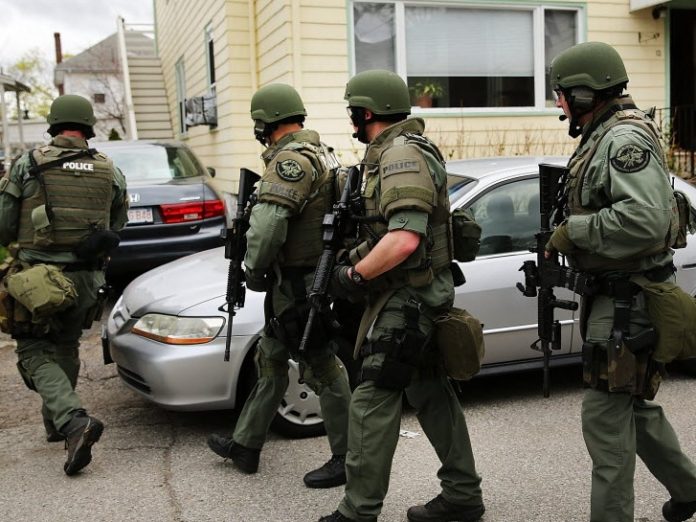As several states take significant executive-driven action austensibly to slow the spread of coronavirus, some are concerned that their individual rights may disappear as the situation intensifies.
For example, New Jersey became the most recent state to shut down its background check system, Monday night, rending gun sales legally impossible as some citizens attempt to prepare for the worst amidst the COVID-19 outbreak.
New Jersey’s controversial decision prompts questions about the legal ability of state governments to suspend citizens’ liberties during a time of emergency. Minnesota Governor Tim Walz recently found himself in hot water after State Senate Republican Majority Leader Paul Gazelka claimed the governor is acting outside the boundaries of his legitimate power, Friday.
Fortunately for Minnesotans, laws exist to regulate the use of executive power in a state of emergency like the one Governor Walz declared on March 13 in response to COVID-19.
As the Gun Owners Civil Rights Alliance pointed out via Facebook, Sunday, state statute 624.7191 upholds the Second Amendment to the US Constitution, specifying that Minnesotans’ right to bear arms remains in place during an emergency.
The statue specifies that during a “state of emergency proclaimed by the governor,” citizens can only be compelled to give up their arms by “a peace officer who is acting in the lawful discharge of the officer’s official duties” by arresting a person who is committing a crime.
This peace officer may only “disarm a lawfully detained individual only temporarily and only if the officer reasonably believes it is immediately necessary for the protection of the officer or another individual. Before releasing the individual, the peace officer must return to the individual any seized firearms and ammunition.”
The officer may only retain a citizen’s weapon if that citizen is officially taken under arrest.
Simply put, the only time an agent of the state may confiscate a Minnesota citizen’s gun during an emergency is if that citizen is being arrested– much like during normal time of non-emergency.
Statute 624.7191 also prohibits the state from revoking permits to carry during a crisis, limiting the sale of firearms in a manner not commensurate with limitations placed on other goods, and prohibiting the transport of guns in accordance with pre-existing law.
Gun rights aren’t the only liberties preserved in Minnesota during times of chaos. As Action 4 Liberty points out, the state constitution doesn’t grant any exceptions to its usual limits on government and division of power between branches during an emergency like the present COVID-19 pandemic.
Emergency powers also do not void the Minnesota Bill of Rights, which is similar to the US Constitution’s Bill of Rights.
The state Bill of Rights includes a guarantee that “private property shall not be taken, destroyed or damaged for public use without just compensation therefor, first paid or secured.”
It stipulates that “the military [in this case the National Guard] shall be subordinate to the civil power.”
It also ensures the right to due process, freedom of the press, and freedom from unreasonable searches and seizures– just like the US Bill of Rights.
Despite the fact that rights are legally protected during turbulent times, many pro-liberty groups have warned Americans to stay alert to the possibility that legislators may attempt to push anti-liberty bills while the mainstream media is distracted with COVID-19 headlines.
One such group is Minnesota Gun Rights which began a social media campaign, Monday, to collect signatures against a new bill in the US House that would institute federal red flag laws, ban modern rifles and standard capacity magazines and create a national gun registry.
Another controversial bill in the US House that’s drawn criticism for taking advantage of the media being dominated by COVID-19 is the “Earn It Act,” which some claim would violate the First Amendment by limiting what internet users can say online, according to The Verge.

















